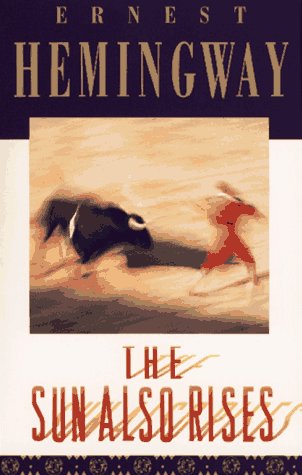 I'll start by saying that I know nothing about Karen Armstrong other than what you find here. I can say that I definitely disagree with her theology but enjoyed here factual presentation of a faith that I am ashamed to say I have little understanding of. This book was recommended to me by a friend, Eric Huxley. Who if you have a chance to talk to, you should. He is in Guatemala right now but seriously you should talk to this guy. Anyway, he recommended this book as a nice introduction to Islam.
I'll start by saying that I know nothing about Karen Armstrong other than what you find here. I can say that I definitely disagree with her theology but enjoyed here factual presentation of a faith that I am ashamed to say I have little understanding of. This book was recommended to me by a friend, Eric Huxley. Who if you have a chance to talk to, you should. He is in Guatemala right now but seriously you should talk to this guy. Anyway, he recommended this book as a nice introduction to Islam.The thing that I appreciated about this book was that it was written with a western sensibility. It was not a textbook by any means and was written with a Euro-American audience in mind. This is by no means an assault on the writer. I felt that the book portrayed the followers of Islam fairly and in fact spoke highly of the adherents of the faith. It is hard in "the West" to filter through a "Fox News" presentation of a group of people that most of us have little contact with. I felt this short history did a good, but succinct job of catching the reader up on the last 1,400'ish years. I by no means feel I am a scholar, but I don't have to pretend I know the differences between Shi'ites and Sunnis. I now know what a Sufi is and ultimately I can better understand my faith. I come from a Judeo-Christian culture, a and a Christian family, but it would be ignorant in this day and age, or any for that matter, to pretend that the role of Islam in the world does not impact my life on a near daily basis. If knowledge is power then I desire to be powerful in my understanding of God, and I feel like this read encouraged that.




